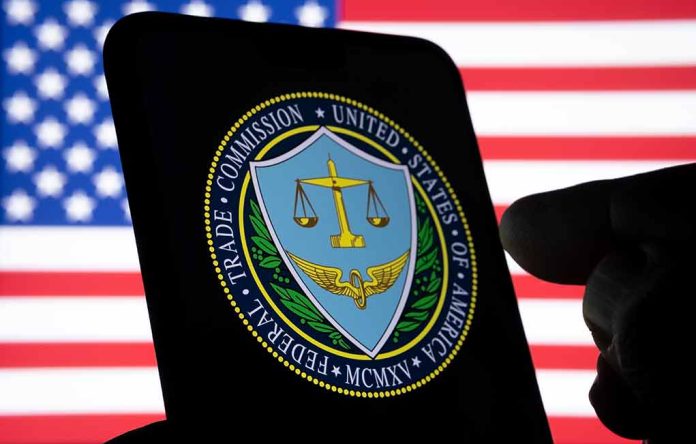
China remains America’s most significant intellectual property thief, with 90% of counterfeit goods seized in the U.S. originating from China and Hong Kong in 2024.
Key Takeaways
- The U.S. Trade Representative has kept China on its Priority Watch List for 2024 due to ongoing intellectual property violations and unfulfilled commitments under the Phase One Agreement.
- Eight countries, including China and Indonesia, are on the Priority Watch List for serious IP issues, while eighteen others remain on the Watch List.
- A new Chinese measure, “Provisions on the Handling of Foreign-Related Intellectual Property Disputes,” is viewed as legitimizing political intervention in IP disputes.
- Counterfeit goods from China continue to flood global markets, with U.S. Customs data showing the overwhelming majority of seized items originating from China and Hong Kong.
China’s Persistent IP Violations Draw Continued U.S. Scrutiny
The U.S. Trade Representative’s 2024 Special 301 Report continues to designate China as a Priority Watch List country, highlighting the nation’s ongoing failure to protect intellectual property adequately. This annual review under the Trade Act of 1974 examines over 100 trading partners and identifies those with significant IP protection deficiencies. China’s placement on this list reaffirms the American government’s concerns about rampant IP theft that damages American businesses and threatens national security through technology transfer to the Chinese military.
“Americans take great pride as the world’s leading innovators and creators,” U.S. Trade Representative Jamieson Greer said in a statement. “Our trading partners must address the concerns identified in the Special 301 Report and stop those stealing the intellectual property of hard-working businesses and individuals,” said Ambassador Jamieson Greer
Counterfeit Production Remains Rampant Despite Agreements in 2024
Despite commitments under the 2020 Phase One Trade Agreement, China has failed to fully implement promised intellectual property protections. The Special 301 Report specifically identifies China as the world’s leading source of counterfeit and pirated goods, with U.S. Customs data revealing that approximately 90% of counterfeit items seized in America originated from China and Hong Kong in 2024. This persistent counterfeiting operation undermines legitimate American businesses and potentially exposes consumers to substandard or dangerous products across multiple sectors.
“President Trump has a track record of empowering our innovators and workers, and this comprehensive report is a basis for the United States to take trade enforcement action against those not playing fairly,” said Ambassador Jamieson Greer
New Chinese Measures Raise Additional Concerns
Further complicating matters, China has introduced a new measure titled “Provisions on the Handling of Foreign-Related Intellectual Property Disputes.” This regulation is viewed by U.S. trade officials as legitimizing political intervention in intellectual property disputes, potentially giving Chinese authorities greater latitude to rule against foreign companies. The measure represents yet another obstacle for American businesses seeking fair treatment in Chinese markets and protection for their valuable intellectual property from state-sponsored theft.
“This World IP Day, remember: China doesn’t innovate—it steals. From semiconductors to biotech, they’re stealing American ideas to build their military. I’ll keep fighting to stop it,” said Sen. Tom Cotton
Global Intellectual Property Challenges Beyond China
While China remains the most egregious violator, the Special 301 Report identified seven other countries on the Priority Watch List: Argentina, Canada, Chile, India, Indonesia, Mexico, and Venezuela. Additionally, eighteen nations landed on the Watch List, including Thailand, Brazil, and Vietnam. These designations highlight that intellectual property theft remains a global challenge requiring robust enforcement mechanisms. The USTR report specifically mentions cross-cutting issues that span multiple countries, including online piracy, counterfeiting, forced technology transfer, and geographical indications disputes.
The Trump administration’s continued focus on China’s intellectual property violations demonstrates a commitment to protecting American innovation and jobs. As China continues to fall short of its obligations, increased trade enforcement actions may be necessary to compel compliance and ensure fair treatment for American businesses in global markets. The 2024 Special 301 Report provides a solid foundation for such actions moving forward.




